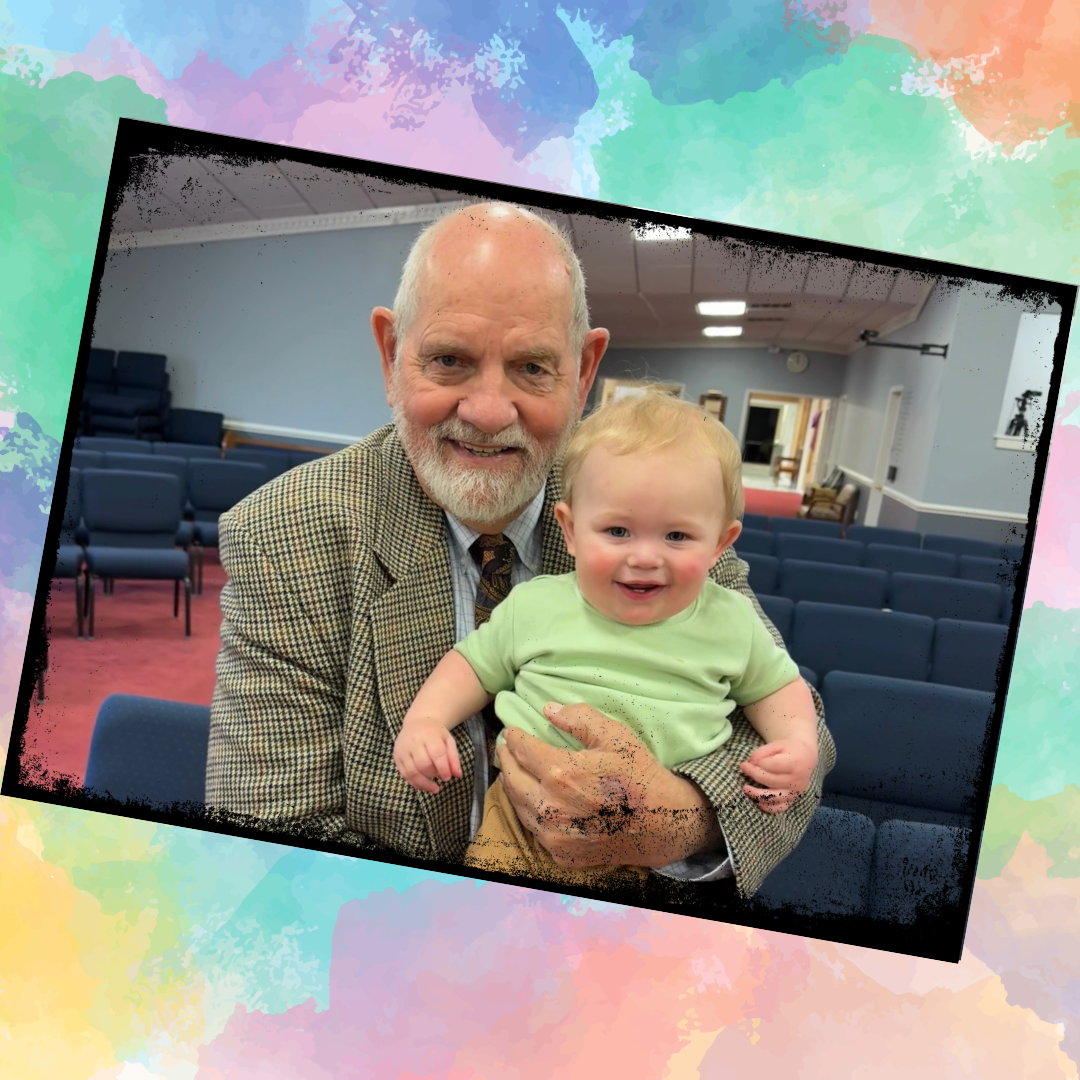
Welcome to Faith Christian Center
Here, you’re family!
Welcome Home
At Faith Christian Center, you’re family — just as you are. We do life together, growing in faith and supporting one another every step of the way. There’s something here for everyone, from the youngest to the oldest!
Visitor Center
We can’t wait to meet you! Whether you’re new to church or just new to FCC, we want you to feel right at home. Get all the details for your first visit — we’ve got everything you need to know!

Church Online
If you can’t make it in person, you can still be part of what God is doing at Faith Christian Center. Join us live on Sundays or catch up anytime with our past services. Whether you’re watching from across town or around the world, we’re glad to have you with us!

Meet Our Team
Our pastors and team are here for you — ready to walk alongside you, pray with you, help you grow, and support you every step of the way in your faith journey.

What’s Happening
We’d love for you to be part of what’s happening at FCC! We’re sure you’ll find your place to jump in, connect, and grow with us.
What’s Next?
Are you ready to join us for the first time? Do you still have some questions? Click below!




